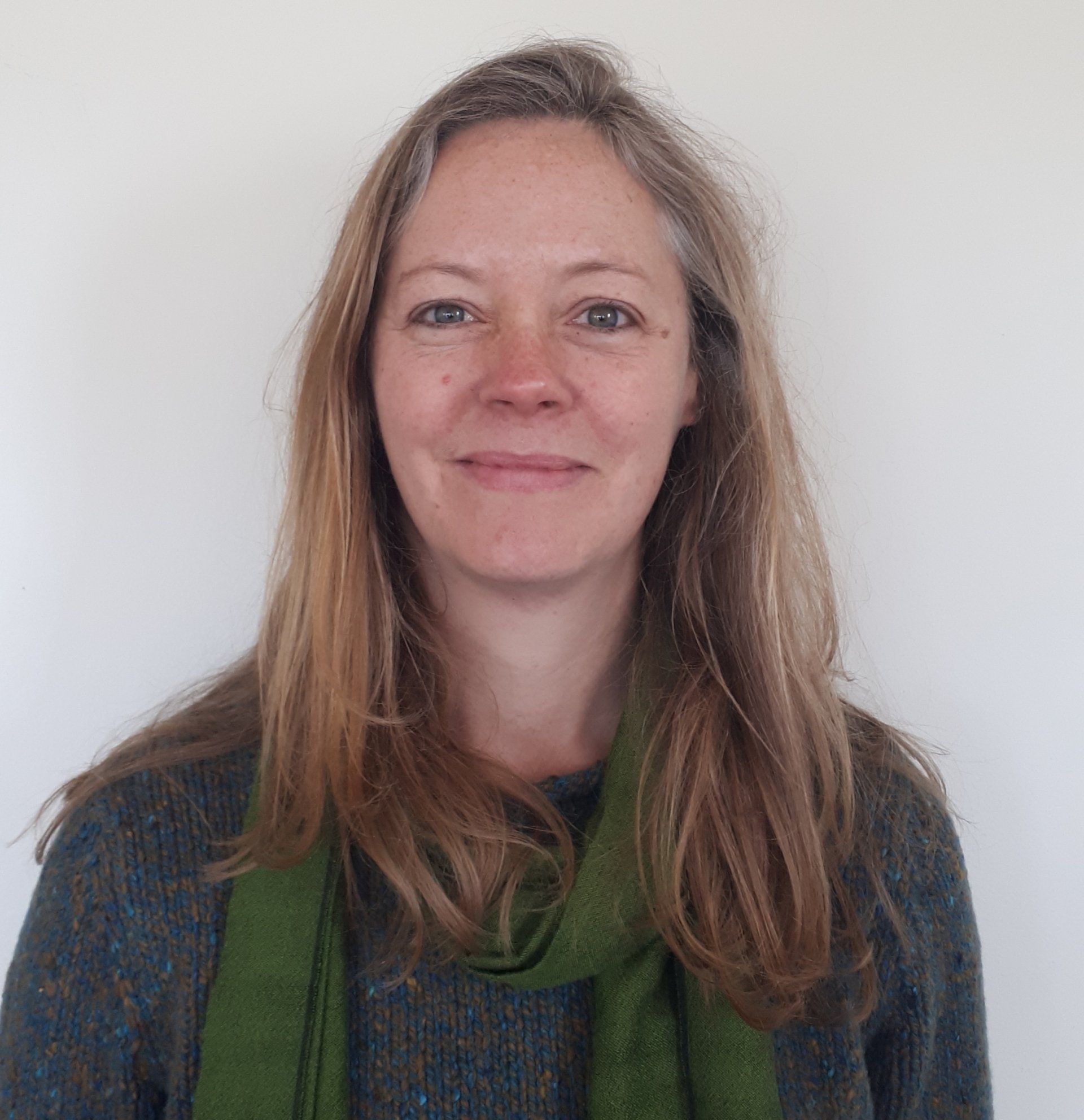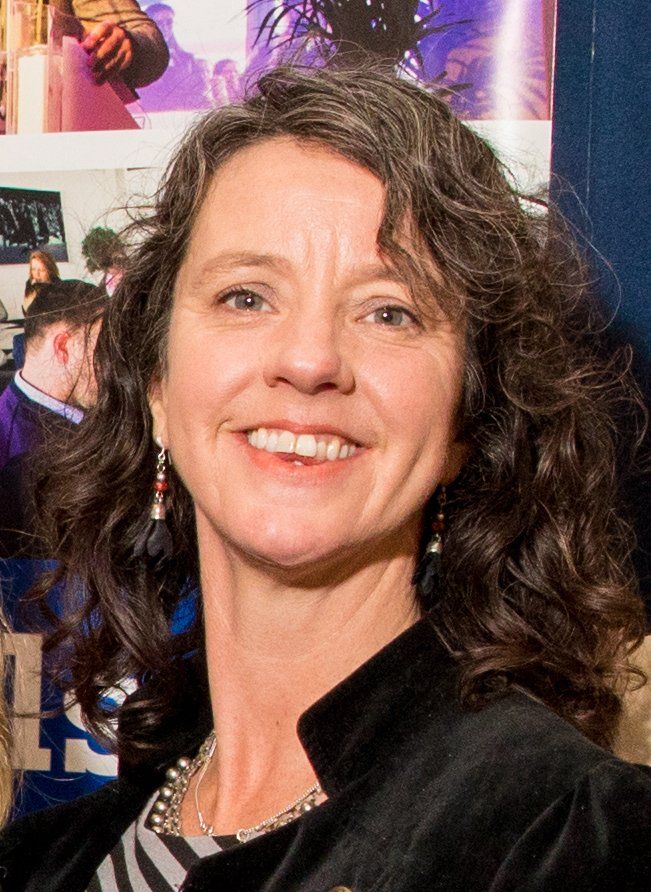Sive Bresnihan is part of Comhlámh's training and education team and with a background in drama & theatre studies, international development and adult education. Her interest in and commitment to decolonial approaches for Global Citizenship Education was seeded back in 2018 when she participated in Bridge 47's year-long "Transformative Learning Journey". Sive has a growing interest in body-based practices ("somatics") and how this field can be mobilized in support of transformative learning and, ultimately, more justice.
Decolonising Development Education
Dates: Tuesday 31 May and Tuesday 30 August, 10.30am – 4pm (Tea and Coffee from 10am)
Location: Carmelite Community Centre, 56 Aungier St, Dublin 2
This 2 part workshop is targeted at Development Education/Global Citizenship Education practitioners. So much information about the world is filtered through a Euro-centric lens, whether it be media, history books and educational curricula. This includes knowledge and understanding about issues relating to development, which all too often occludes the role (and implications) of Europeans as colonisers, slave traders, settlers, missionaries.
What does this mean for our Development Education content and practice to date? This 2 part training workshop is an invitation to explore this question and more. How does the colonial legacy play out in Development Education content and practice? Where are its visible (and not so visible) imprints? What do decolonial approaches look like/feel like? How might they strengthen our efforts towards a truly transformative education?
The training is hosted by IDEA, in collaboration with Comhlámh and WorldWise Global Schools, and will be facilitated by Sive Bresnihan (Comhlámh) and Lizzy Noone (WorldWise Global Schools). It will take place over two days in-person – Tuesday 31 May and Tuesday 30 August. There will be an invitation to carry out a task in between the sessions and engage in some reflection with another training participant.
Cost:
Fee for members of IDEA, Comhlamh or WorldWise Global Schools* is €60.00
Fee for non-members of IDEA, Comhlamh or WorldWise Global Schools is €100.00
Fee for unwaged (refugees, asylum seekers, students, others) is €5.00 - this can be paid in person
*member rate applies to schools and NGOs who work with WorldWise Global Schools
Register below or contact us if you have any queries.
Please note:
This workshop is now full. If you would like to be added to the waiting list, please register below. You will be contacted if a place becomes available for you.
Biographies











